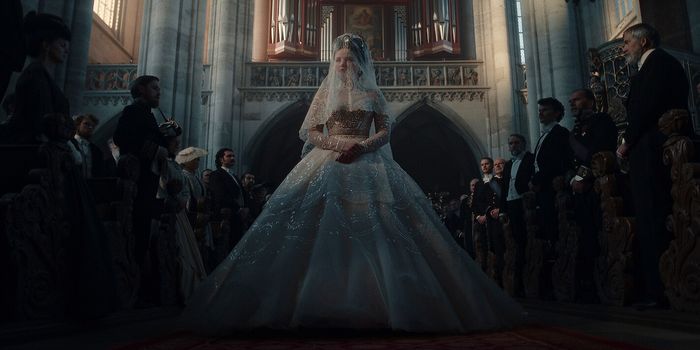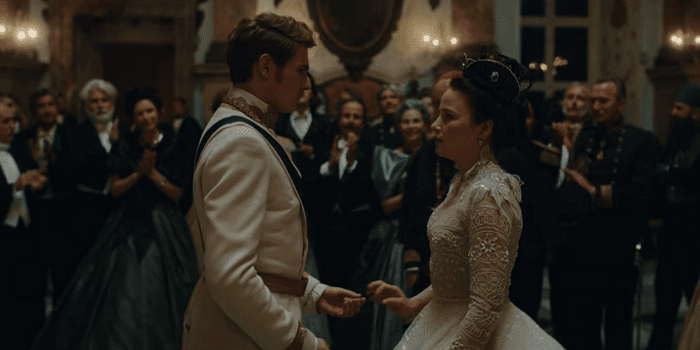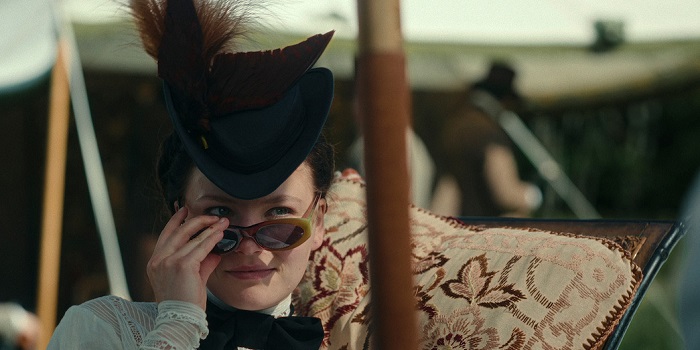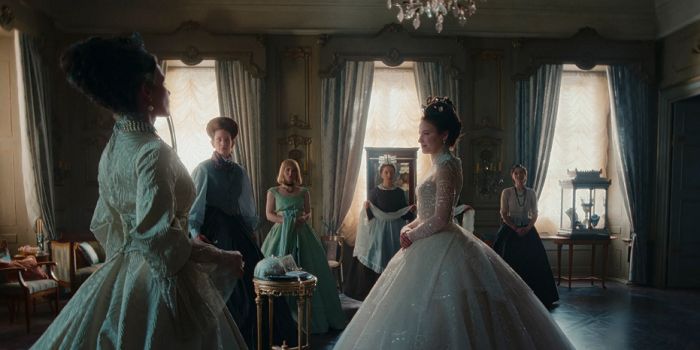The mesmerizing six-part series, The Empress, delves into the extraordinary connection forged between Elisabeth von Wittelsbach, a young Bavarian Duchess, and Franz Joseph, the Emperor of Austria. Against all odds, their relationship blossoms, entwining their lives in a web of unlikely love. Starring Devrim Lingnau and Phillip Froissant only adds to the drama’s glory.
After the much-loved Bridgerton, this show has brought fans a real treat. Like most period dramas, The Empress skillfully weaves historical accounts and fictional elements to craft a captivating narrative. But how much of The Empress is historically accurate? This article aims to examine just that.
The Real Elisabeth von Wittelsbach
Elisabeth was born in 1837 as a member of the illustrious Wittelsbach dynasty. It was a German royal family renowned for their eccentricities that ruled over Bavaria’s realm. At just 16, the Duchess was married to the Emperor Franz of Austria in 1854. As such, she ascended to the esteemed position of Empress Consort of Austria and Queen of Hungary. During their time together, the couple had 4 children.
Unfortunately, tragedy befell this extraordinary woman in 1898 during a fateful visit to Geneva, Switzerland. Where she became the target of an assassination. At 60, Elisabeth’s remarkable journey ended untimely, leaving behind a legacy that would forever be etched in history.
How Did Elisabeth and Franz Meet?
While Elisabeth and Franz’s encounter in The Empress may have romanticized certain aspects, many facts remain true to history. Although the precise circumstances of their initial meeting in the woods remain unclear, it is known that the Duchess embarked on a journey from Munich to Austria. She was with her mother and older sister, Helene, who was originally intended to be the Emperor’s bride. However, fate intervened when Franz laid eyes upon Elisabeth and instantly fell deeply in love. Within 5 days, the pair became engaged, and 8 months later, they exchanged vows. An act that was to change the fate of their nation forever. Even seemingly minor details found their way into the series, accurately reflecting historical accounts.
Was Elisabeth the Same Age as Franz When the Two Got Engaged?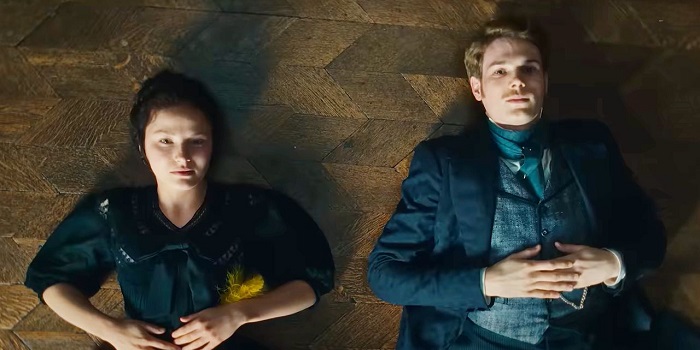
In The Crown‘s rival, The Empress, Elisabeth is portrayed as being of a similar age to her cousin. However, history reveals that the Duchess of Bavaria was 15 years old on her journey to Vienna in 1853. In stark contrast, Franz Joseph was already 23 years old then. It is worth noting that during the mid-19th century, the average age for marriage among Eastern European peasants differed significantly from the circumstances surrounding Elisabeth and Franz Joseph.
Among this social group, men typically married around 35, while women entered into matrimony at approximately 32 years old. This disparity highlights the unique position that Elisabeth and Franz held, as the conventional expectations of the peasantry did not bind them. Despite their divergence from the norms of the time, Elisabeth’s tender age at the time of her marriage left a lasting impression on her life.
Did Elisabeth Really Enjoy Poetry?
In The Empress, Elisabeth’s character is depicted as a gifted poet who conveys her deepest emotions and sentiments. This portrayal aligns with historical accuracy, as Elisabeth was known for her proficiency in poetry. One fascinating aspect that the series did not explore in depth is Elisabeth’s poetry alter ego. She would frequently adopt the persona of ‘Titania’ — the enchanting Queen of fairies from Shakespeare‘s A Midsummer Night’s Dream — as a pen name when signing off her poetic works. This detail adds an intriguing layer to Elisabeth’s literary endeavors and highlights her creative and imaginative spirit. While the series emphasizes the central and recurring motif of Elisabeth’s poetic expressions, it is noteworthy to acknowledge the poetic alter ego ‘Titania.’
The Public’s Opinion on Elisabeth
The portrayal of Elisabeth in The Empress as an incredibly popular and beloved figure among the people closely aligns with the historical records of her life. Known for her captivating beauty and charismatic presence, Elisabeth captivated the public’s hearts. Her charm, grace, and genuine interest in the lives of those around her endeared her to people from all walks of life.
Elisabeth’s beauty and genuine connection with the common people were some reasons for her popularity. She displayed remarkable empathy and understanding for their struggles and aspirations. Whether through her charitable endeavors or through her ability to connect with individuals on a personal level, Elisabeth’s genuine care for the well-being of others resonated deeply.
Elisabeth’s Relationship with Her Appearance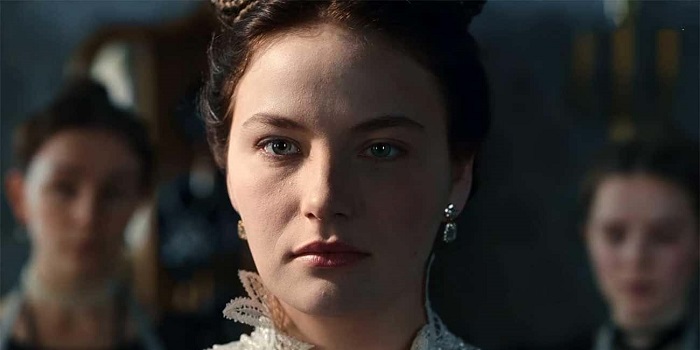
The character of Elisabeth in The Empress aptly captures her free-spirited nature and disregard for societal rules, aligning with her true personality. However, there are certain discrepancies in how she dealt with the pressures. While the series touches upon Elisabeth’s depression and preoccupation with her physical appearance, it only scratches the surface.
The Empress, one of the best period dramas everyone should watch, depicts Elisabeth’s significance in having a small waist, exemplified by the tight corset she wears early on. As one of Europe’s renowned beauties, she employed various methods to restrict her diet, engaging in rigorous exercise routines. She adhered to a selective intake of foods and dedicated hours to gymnastics, walking, and weightlifting. The consumption of raw eggs portrayed in the series linked to fertility is not historically accurate.
 Follow Us
Follow Us
